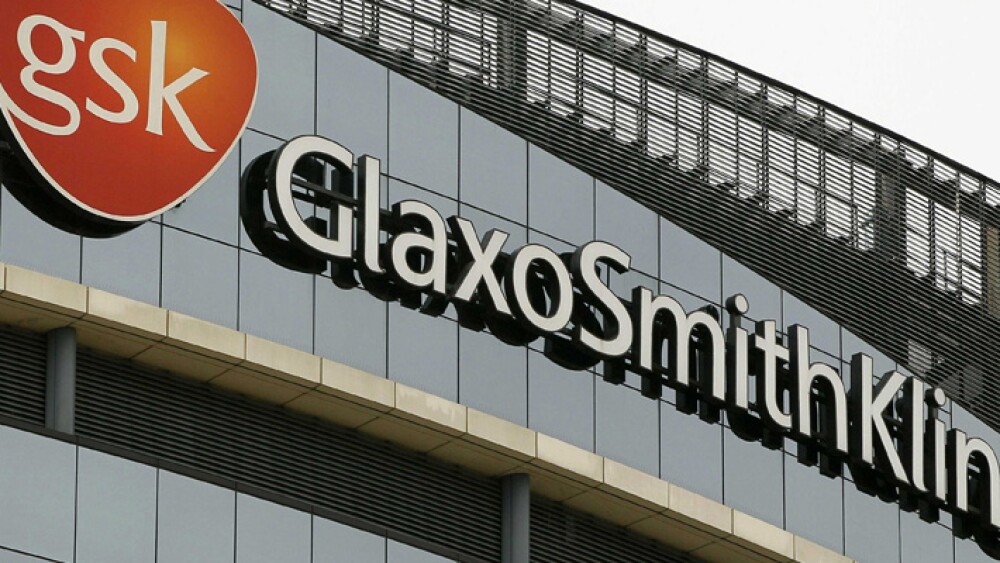January 26, 2016
By Alex Keown, BioSpace.com Breaking News Staff
LONDON – With GlaxoSmithKline ’s stock on a steady rise over the past few days, some of the company’s biggest shareholders are calling for the company board of directors to begin a search to replace Andrew Witty, the company’s chief executive officer, the Daily Mail of the United Kingdom reported Monday.
Those calls, led by the London arm of Och-Ziff Capital Management, which owns .5 percent of GSK stock, and Neil Woodford, a top 20 stockholder, prompted the board of directors to kick off a search for a new chief executive, the Daily Mail said. Och-Ziff is also calling for a shakeup of GSK’s board of directors. Witty joined GlaxoSmithKline in 1985 and became CEO in 2008 following the retirement of Jean-Pierre Garnier. Since he took over the helm of GSK, sales and earnings have dropped 6 percent and 9 percent respectively, Forbes reported in May. The company has also been rocked by a few scandals. In 2012, GlaxoSmithKline agreed to plead guilty and to pay $3 billion to resolve its criminal and civil liability arising from the company’s unlawful promotion of certain prescription drugs, its failure to report certain safety data and its civil liability for alleged false price reporting practices. The resolution is the largest health care fraud settlement in U.S. history and the largest payment ever by a drug company. GlaxoSmithKline was fined nearly $500 million by the Chinese government when it was revealed that some employees of the pharmaceutical company were bribing doctors with extravagant gifts to prescribe Glaxo medications to their patients. Additionally, the company was also accused of violating China’s personal privacy laws through illegal videotaping. Last year, Glaxo faced allegations sales reps in Syria bribed doctors and officials to boost sales of its medicines.
In addition to overcoming damage from the bribery allegations, GlaxoSmithKline is also striving to overcome lagging sales. Although the company reported a 5 percent growth in emerging markets in 2015, sales in Europe were flat and in the U.S. sales were down about 10 percent as the result of formulary and contract changes to asthma drug Advair. Glaxo is under pressure to develop new drugs that aren’t threatened by generics. There is hope that the company’s newer COPD inhaler Breo will spark a revenue turnaround. A turnaround could also be sparked due to a three-part deal with Novartis AG .
In March 2015, GSK announced the deal with Novartis (NVS). GSK bought Novartis’s global vaccines business, excluding the influenza vaccines, it created a Consumer Healthcare joint venture with Novartis, and sold its Oncology business to Novartis. Since the deal was announced, some investors, including Woodford, have called for GlaxoSmithKline to break up into separate entities. During the J.P. Morgan Healthcare Conference earlier this month, Witty said he would consider the breakup suggestions, but that any such split wouldn’t happen for at least a year or two. In particular, it would have to wait until the company finishes integrating the changes that came with last year’s Novartis deal.
GlaxoSmithKline’s stock has slipped over the past year, down from a high of $48.81 in March 2015 to a low of $37.56 in September. GSK’s stock is currently trading at $40.54 per share.





